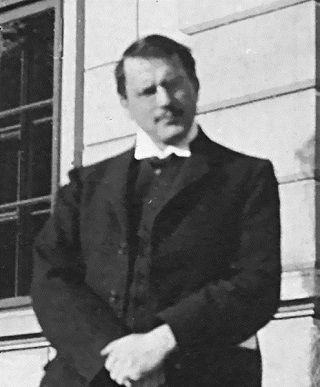Carl Jung Had a Radical Theory — But Was He Right?

I’m sure this ran afoul with most of the prevailing viewpoints of academicians in the early 20th Century, starting with the hotshot philosophers of the day, the logical positivists, whose basic operating premise can be summarized as “If you can’t measure it, it doesn’t exist.”
From there, we can imagine that Jung’s troubles got worse, where the medical community was just starting to slice and dice the brain, looking for the structural elements that defined who a person fundamentally “is.” Even today the paradigm by which we study the mind is rooted in chemistry and neurology, based on our belief that if we can understand and control what’s happening at the molecular level with the human brain, we will have answered all the important questions that can be asked about mental activity, and about our behavior (as well as misbehavior).
Having said all this, we need to pay heed to some of the anti-materialistic approaches that scientists are starting to take, e.g., holistic medicine, i.e., the concept that effective medical treatment cannot pretend that we are simply a complicated set of chemical reactions, and that these happen in isolation.
Personally, I’m betting that Jung’s fundamental concept, i.e., the interconnectedness of all humankind–and actually, of all life forms, will ultimately be vindicated.
Obviously, this has important consequences when we begin to think about the outcome for human civilization. Will our willingness to resort to violence to settle our differences escalate to the point of nuclear annihilation? Will our rapacious approach to fossil fuels result in runaway climate change and other forms of environmental ruin? Will our greed and selfishness result in starvation for the masses, but untold wealth and comfort for a few?
To a great extent, the answers to these questions are a function of the degree we come to see the interconnection between ourselves and our fellows.
Happy Birthday, Carl Jung. I think you’re onto something here.
